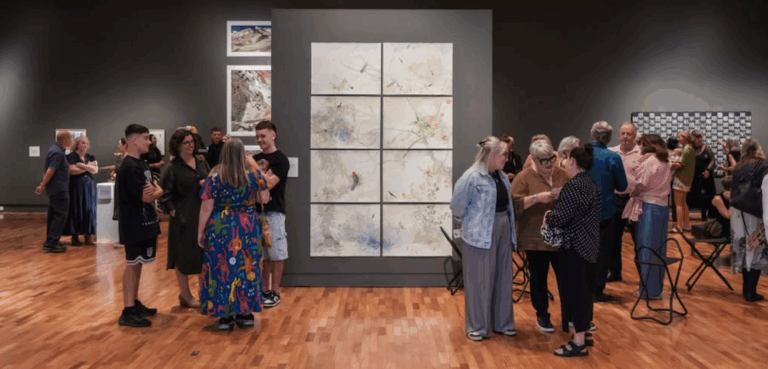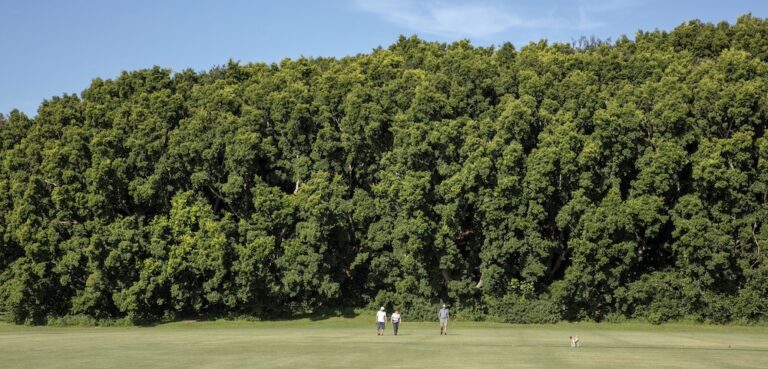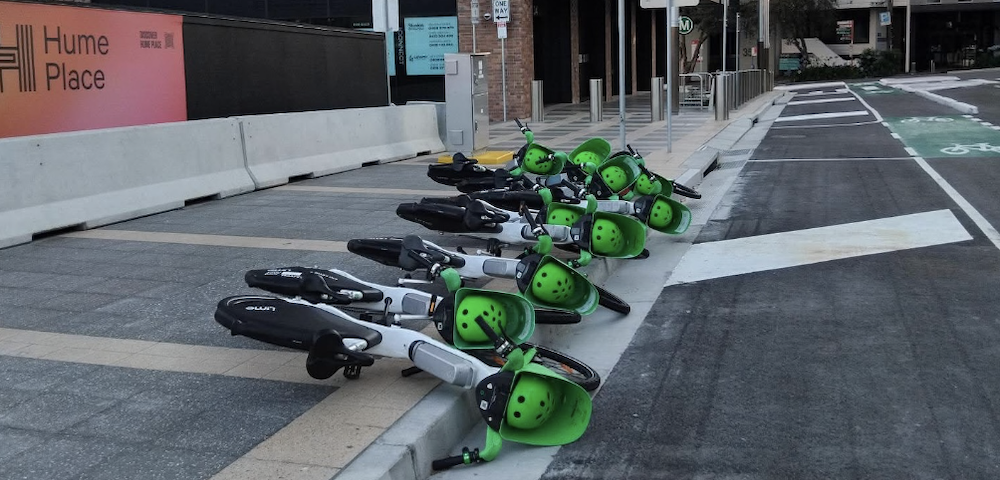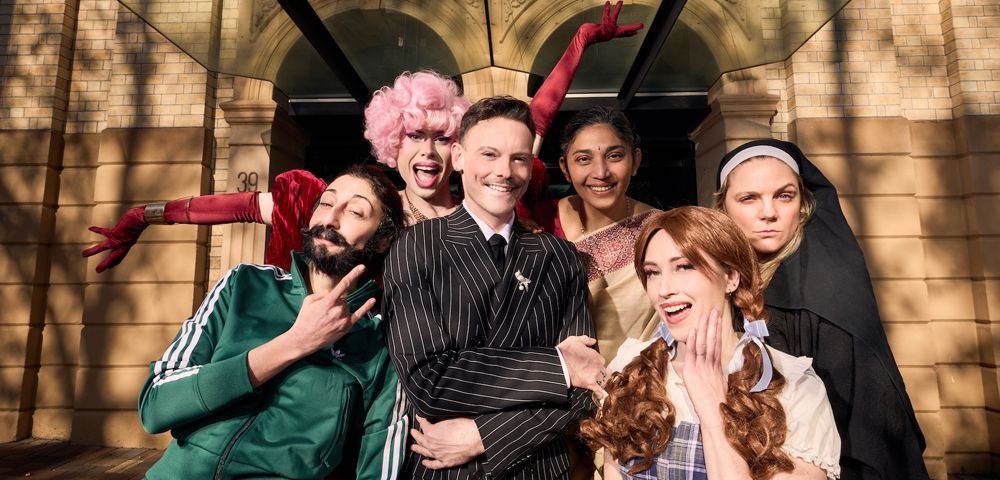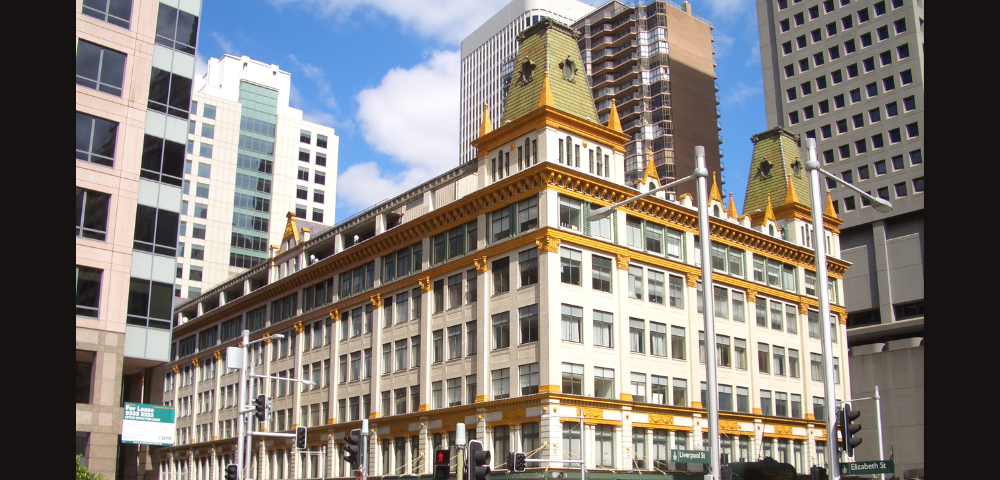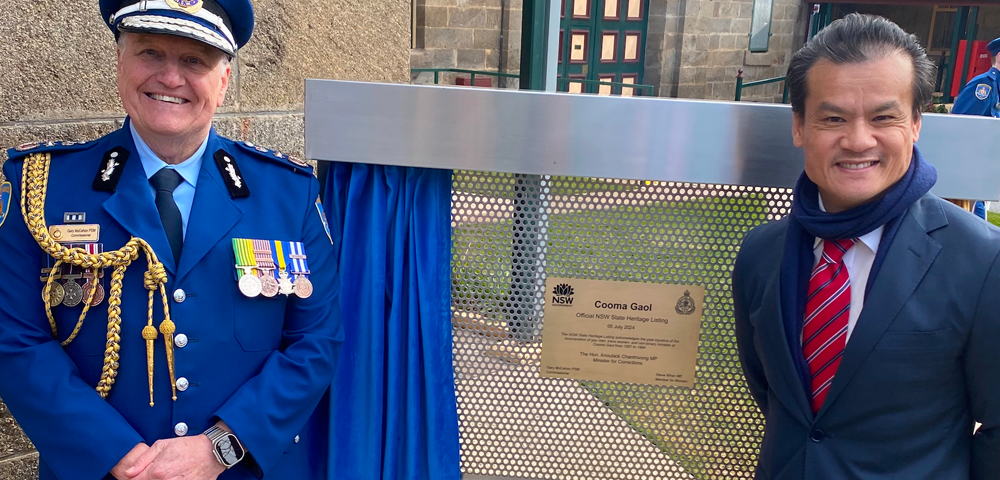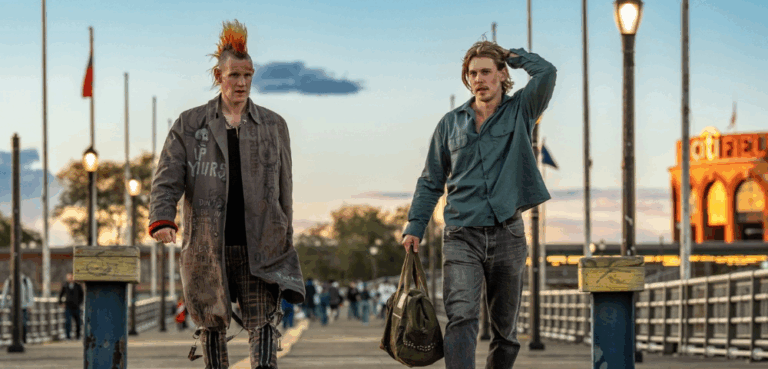
Researchers at the University of Sydney have announced that a new generation of anti-cancer drugs is ready for clinical trials.
The agents have been effective at combating a range of cancers in animal trials, including the highly aggressive pancreatic cancer, said Dr Zaklina Kovacevic, leader of this research project at the university.
Her research has shown that iron chelating agents increase the levels of a molecule (NRDG1) which inhibits the spread of cancer but leaves normal cells unaffected.
“Most other agents are only killing the cells at the primary site or at the metastatic locations, but this drug will hopefully be able to stop the primary tumour from spreading in the first place,” Dr Kovacevic said.
Dr Kovacevic said that the drugs could be a great improvement on the current cancer therapeutics, which can be very effective but come with serious and sometimes lifethreatening side-effects.
Professor Des Richardson, head of the program at the university, has been working on this area of cancer treatment since the early 1990s and is currently negotiating with an American company to develop the compound to the stage of clinical trials.
“We have a lot of good evidence in cell models and in animal models but we still can’t say with 100 per cent certainty that it’s going to work as well in humans at this stage,” Dr Kovacevic said.
Cancer is one of Australia’s leading killers, with figures from the Cancer Council putting the direct health system costs at around $3.8 billion.
But while the results have proven promising in the lab, there is still a lengthy process before these drugs might be available to the public.
Nevertheless, the results are encouraging.
Executive Director of the Bosch Institute, Professor Jonathan Stone, said: “For anyone who has been through, or cared for a cancer sufferer through the purgatory of chemotherapy, the prospect of drugs which are broadly effective, yet minimal in side effects is immensely welcome.”
According to the Australian Bureau of Statistics, by the age of 85, 1 in 3 women and half of Australian men will be diagnosed with cancer at some stage of their lives.
By Ruby Prosser Scully

